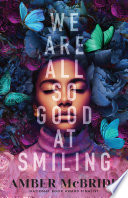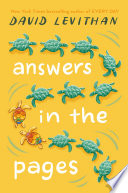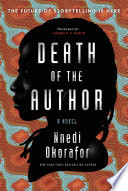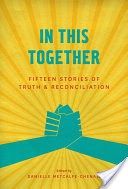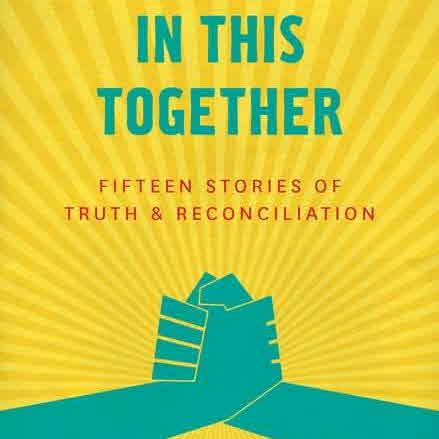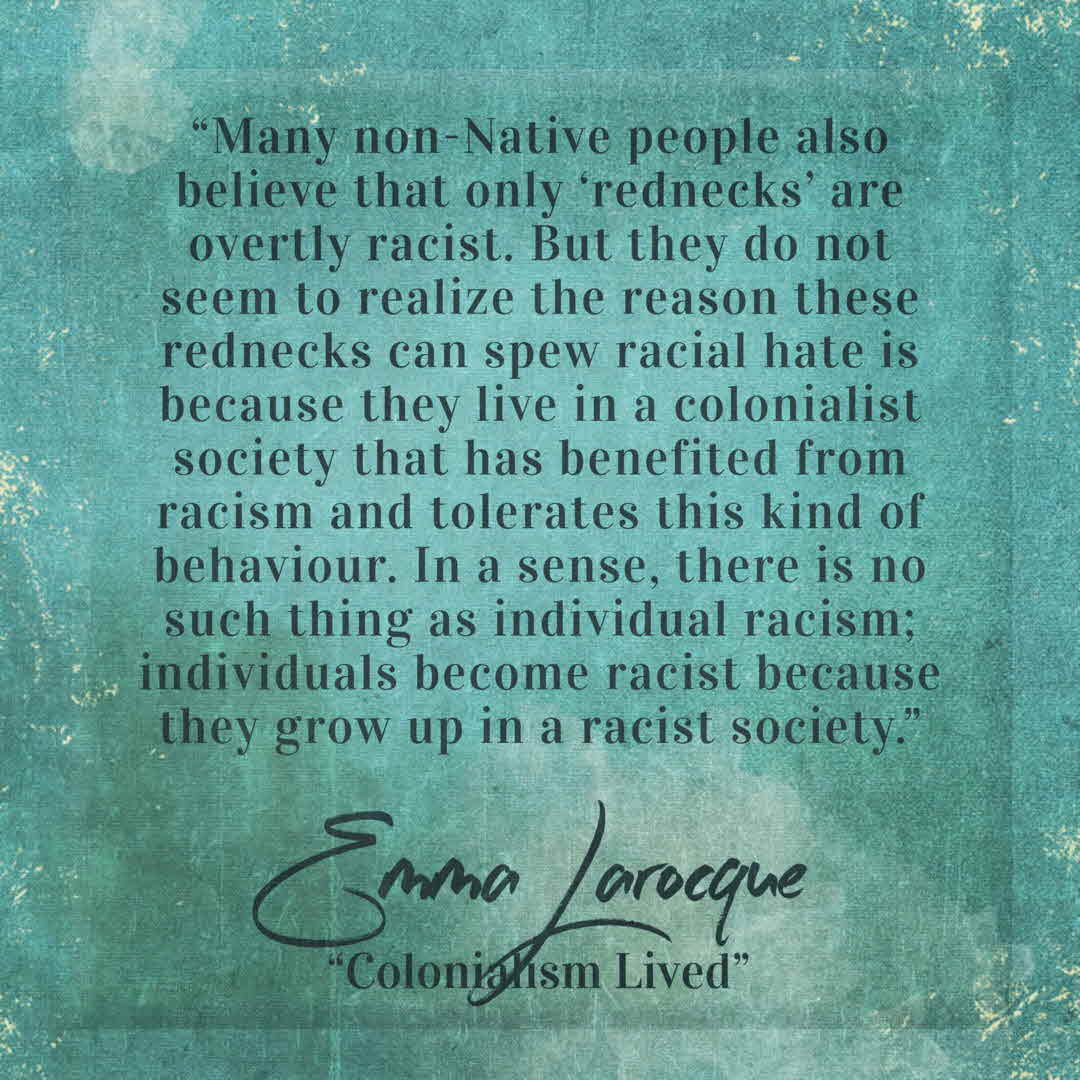
I've been slowly working my way through this book of essays written about bridging the gap to create reconciliation between Indigenous people and others in Canada. The contributors so far have great observations about how we view racism and anti-Indigenous attitudes in colonialist societies. Loved this quote by Emma Larocque that really sums up the systemic nature of racism & settler attitudes, not just stemming from a subclass of society.







